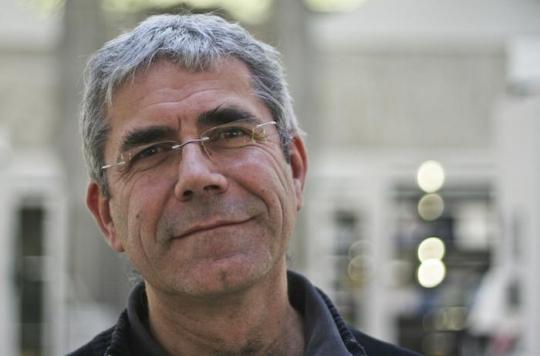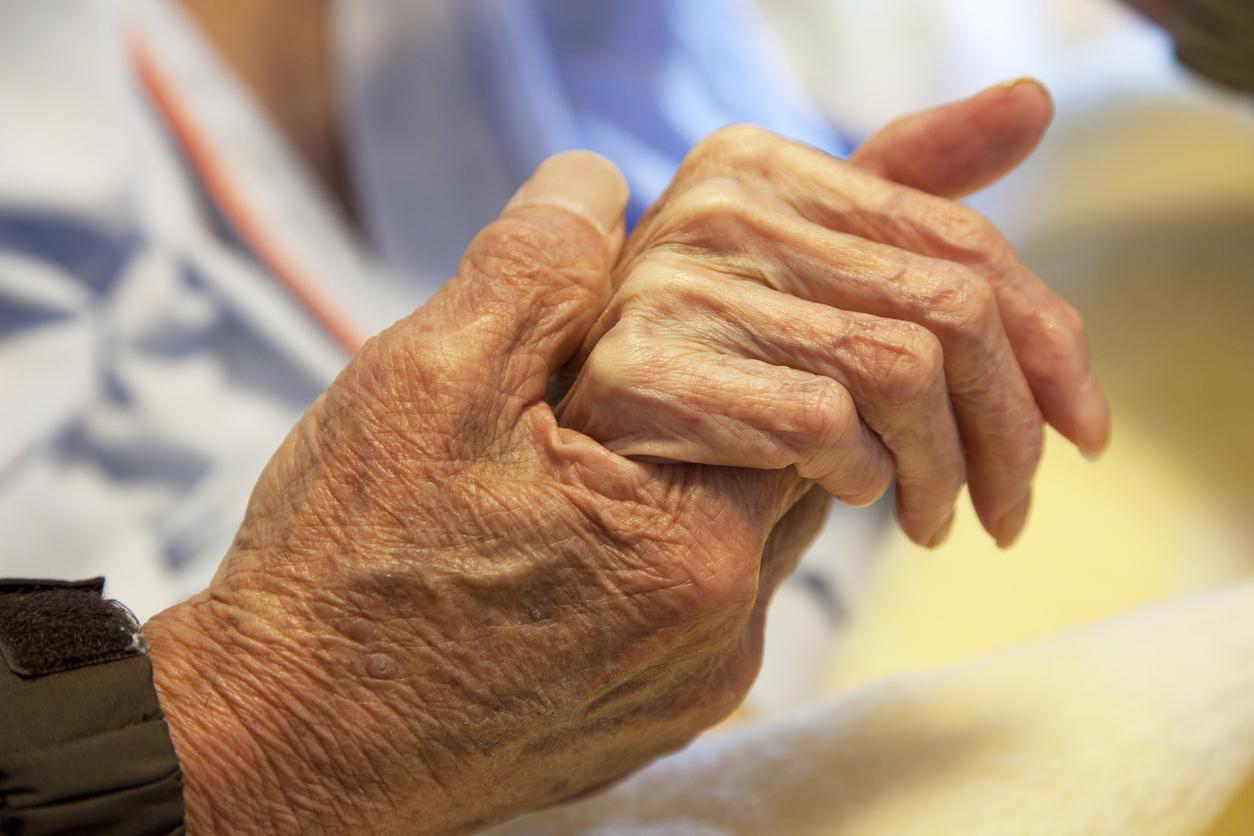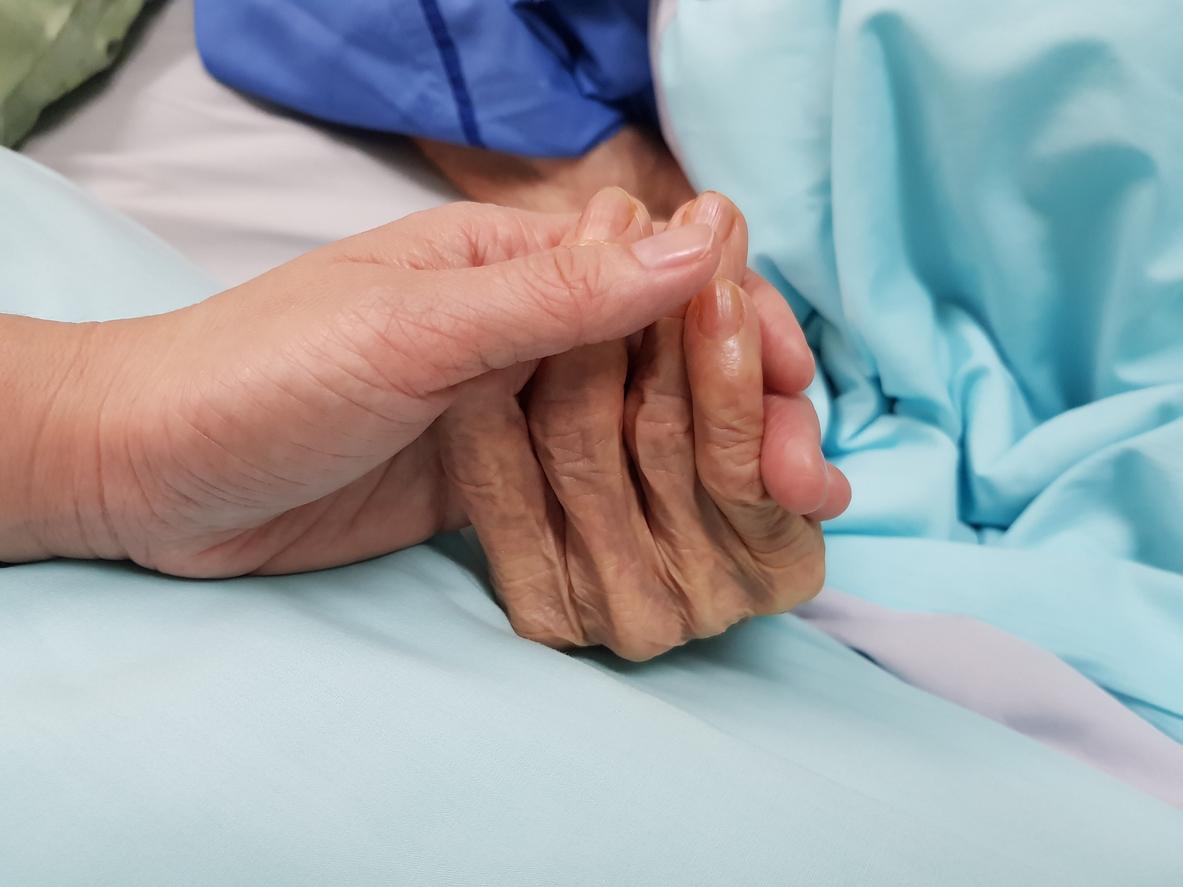Before the first round of the presidential election, 5 personalities project themselves as Minister of Health. Prof. Régis Aubry provides his contribution on issues relating to the end of life.


In a few weeks, the Health and Social Affairs portfolio will leave the hands of Marisol Touraine. If Emmanuel Macron has already announced that he would appoint a doctor at the Ministry of Health, the other 2017 presidential candidates have not yet given a clue. But whether he is a health professional or from the political elite, the lucky one will inherit a complicated ministry to manage.
Over the past 5 years, the standoff has never ceased between the Ministry of Health and the doctors’ unions, particularly around the generalized third-party payment criticized by a large majority of the profession. The unease of caregivers was also one of the minister’s big files.
The next tenant of avenue de Duquesne will also be expected on more social issues such as access to medically assisted procreation (AMP) for couples of homosexual women, euthanasia or even the legalization of cannabis. So many debates in which associations wish to participate and make their voices heard.
Faced with these challenges, the drafting of Why actor proposed to various personalities from the world of health and associations to deliver their program for the next five-year term. Prof. Régis Aubry is Head of the Pain and Palliative Care Department at the Besançon University Hospital. He is also president of the National End of Life Observatory (ONFV).
“ Modern medicine has undoubtedly helped improve the health of people. But there is one fact that health actors know and that political decision-makers should not ignore: technical and scientific advances in medicine are accompanied by a reality other than that of the cure of diseases. More and more people can now live longer and longer with one or more synchronous and chronic diseases. They cannot heal. This chronicity requires long-term palliative care; it confronts people with existential suffering, and with social and economic difficulties.
Above all, it raises substantive questions. That of a very technical and scientific medicine which must avoid generating survival situations that are sometimes incompatible with the meaning of life. Ethical reflection should be at the heart of tomorrow’s medicine, made up of a clinic of vulnerability. Palliative care must therefore remain a public health priority. Training and research are two levers to be activated as a matter of priority. The well-thought-out training will make it possible to integrate palliative care and ethics into care practices. Research on issues relating to the end of life and palliative care is embryonic and must be helped ….. But also, that of the duty for our society to support the most vulnerable people: beyond question of the place of medicine, the question arises for our society of the solidarity to be implemented to help the most vulnerable and their loved ones to ensure that this increasingly long part of life is not ignored and has one direction. It is the honor of a democracy to be able to help the most vulnerable among us.
All this shows, and it would be essential for the legislator to hear it, that questions relating to the end of life cannot be resolved in the law, the reform bill of which does not appear to be a priority until our country has invested the above named questions. “
.
















